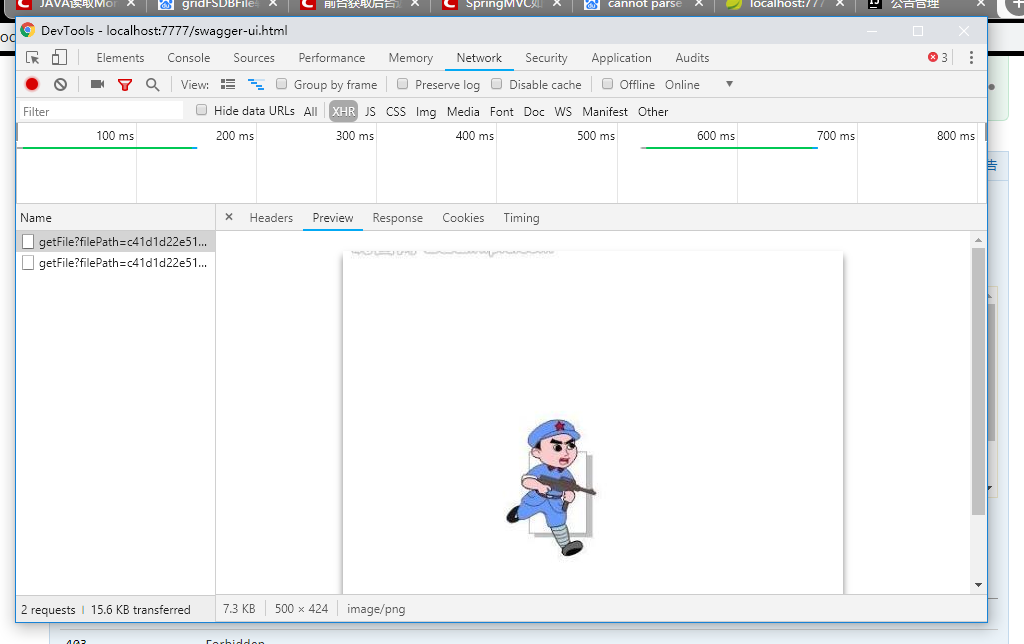I\'m writing strings to a file using R:
> x1=\"\\\\str\"
> x2=\"\\\\\\str\"
Error: \'\\s\' is an unrecognized escape in character string starting \"\\\\\\s\"
> x2=\"\\\\\\\\str\"
> write(file=\'test\',c(x1,x2))
When I open the file named test, I see this:
\\str
\\\\str
If I want to get a string containing 5 backslashes, should I write 10 backslashes, like this?
x=\"\\\\\\\\\\\\\\\\\\\\str\"
[...] If I want to get a string containing 5 \\ ,should i write 10 \\ [...]
Yes, you should. To write a single \\ in a string, you write it as \"\\\\\".
This is because the \\ is a special character, reserved to escape the character that follows it. (Perhaps you recognize \\n as newline.) It\'s also useful if you want to write a string containing a single \". You write it as \"\\\"\".
The reason why \\\\\\str is invalid, is because it\'s interpreted as \\\\ (which corresponds to a single \\) followed by \\s, which is not valid, since \"escaped s\" has no meaning.
Have a read of this section about character vectors.
In essence, it says that when you enter character string literals you enclose them in a pair of quotes (\" or \'). Inside those quotes, you can create special characters using \\ as an escape character.
For example, \\n denotes new line or \\\" can be used to enter a \" without R thinking it\'s the end of the string. Since \\ is an escape character, you need a way to enter an actual . This is done by using \\\\. Escaping the escape!
Note that the doubling of backslashes is because you are entering the string at the command line and the string is first parsed by the R parser. You can enter strings in different ways, some of which don\'t need the doubling. For example:
> tmp <- scan(what=\'\')
1: \\\\\\\\\\str
2:
Read 1 item
> print(tmp)
[1] \"\\\\\\\\\\\\\\\\\\\\str\"
> cat(tmp, \'\\n\')
\\\\\\\\\\str
>



